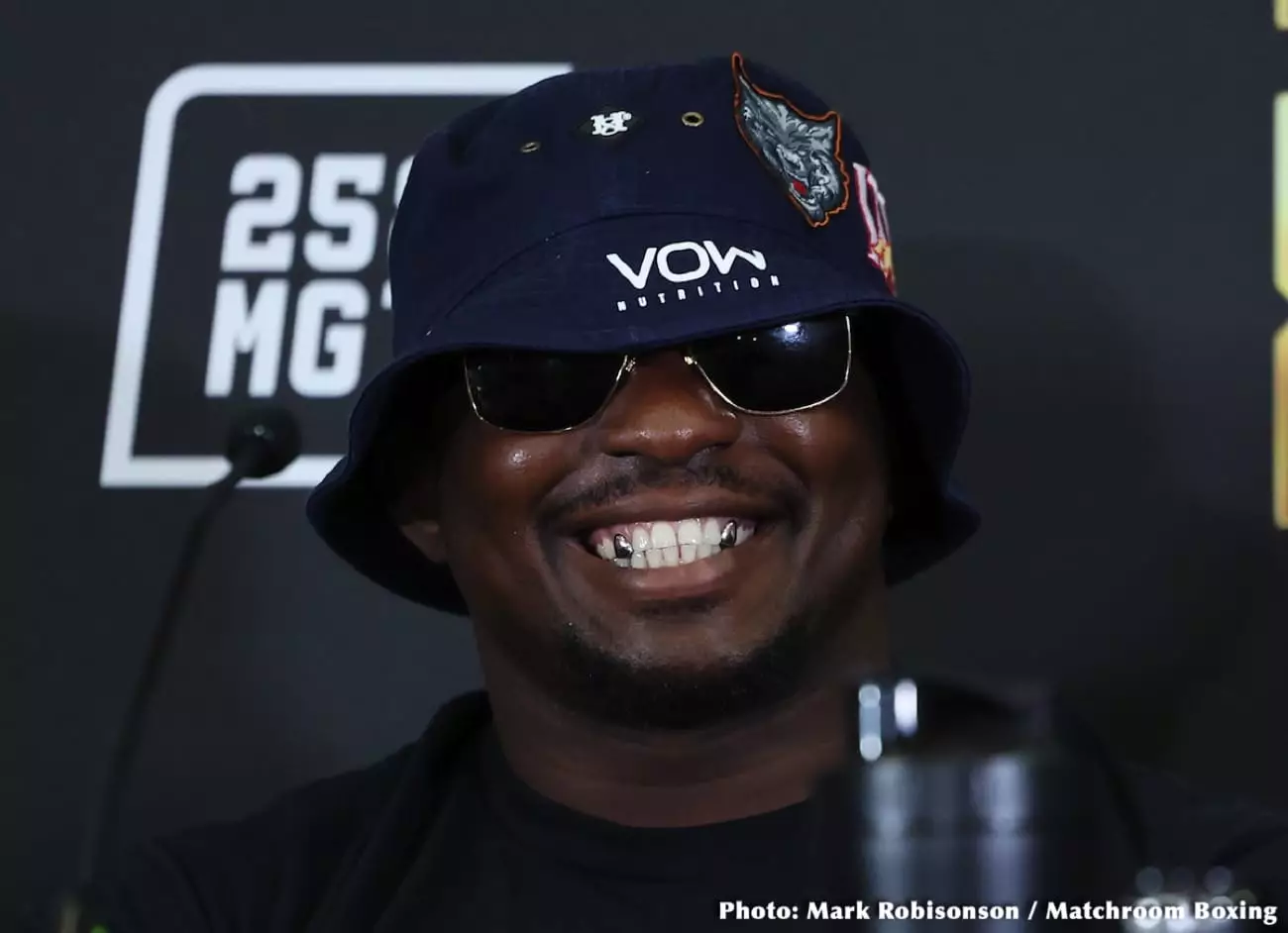Dillian Whyte, once a formidable force in heavyweight boxing, is now grappling with the harsh realities of aging and declining performance. His recent remarks reveal a man struggling to reconcile his self-perception with recent results that cast doubt on his prowess. Instead of accepting the natural waning of skills with age, Whyte attributes his setbacks to external factors—blaming opponents and perceived strategic miscalculations. Such an approach signals a deeper internal crisis: a disconnect between how he views himself and the reality of his current form. His belief that a more dominant performance against Ebenezer Tetteh would have secured a more prestigious matchup indicates a fragile ego rather than unwavering confidence rooted in performance.
Misplaced Pride and the Illusion of Power
Whyte’s insistence that had he “blown away” Tetteh in one or two rounds, he would have been considered too dangerous for upcoming opponents, is problematic. It showcases a mindset rooted in inflated self-assessment. This narrative attempts to frame recent losses as unfortunate circumstances rather than indicative of a fighter’s diminishing capacity. The fixation on what *could* have been—rather than what *is*—serves as a defense mechanism. By suggesting that his poor performance was the sole reason he was not favored against younger contenders like Moses Itauma, Whyte diverts attention from his evident technical decline. His faith in past power and recent short-lived dominance appears nostalgic, masking the reality that his physical and mental sharpness has faded significantly.
The Illusion of Strategic Matchmaking
One of the more revealing aspects of Whyte’s critique lies in how he perceives the intentions of promoters and managers. He implies that opponents like Itauma’s team selectively choose fights based on a boxer’s recent form—an assertion that exposes a somewhat naive view of the boxing business. In truth, matchmaking often prioritizes marketability, spectacle, and strategic development over pure merit. Whyte’s speculation that his failure to utterly dominate Tetteh means he was deliberately avoided by upper-tier prospects reflects an inflated sense of his value. It suggests he perceives himself as a bigger draw than might realistically be the case and overlooks the strategic patience most promoters exercise when building fighters.
Confronting Reality or Clinging to Youth?
Performances against fighters like Tetteh and Christian Hammer are illuminating—if only in a disappointing way. Whyte’s inability to convincingly dominate these opponents raises questions about his current skill set. His acknowledgment that he was “out of shape” and mentally unavailable during those bouts is an honest self-assessment, yet he seems reluctant to accept the implications. It’s apparent that his competitive edge has diminished, and this acknowledgment conflicts with his continued assertions of being a heavyweight contender. The fact that Tetteh was lost in three fights to others like Frazer Clarke highlights a troubling pattern: whyte struggles against fighters who lack elite pedigree, revealing a possible decline in overall skill and resilience.
Self-Reflection as a Path Forward
For Whyte, the first step towards genuine growth would be accepting the truth about his current level. Denial and blame-shifting hinder progress and diminish credibility. The heavyweight division is unforgiving for those who cling to past glories without acknowledging their present limitations. Instead, Whyte’s narrative reveals a man desperately trying to maintain relevance, perhaps fueled more by ego than objective assessment. His career trajectory underscores that talent alone isn’t enough; discipline, self-awareness, and adaptation are equally vital. If he wishes to reclaim his standing, he must confront his deficiencies honestly, not through dismissive comments or revisionist history. Only through genuine self-criticism can he find a path back to meaningful competition or, at the very least, leave the sport with dignity intact.

